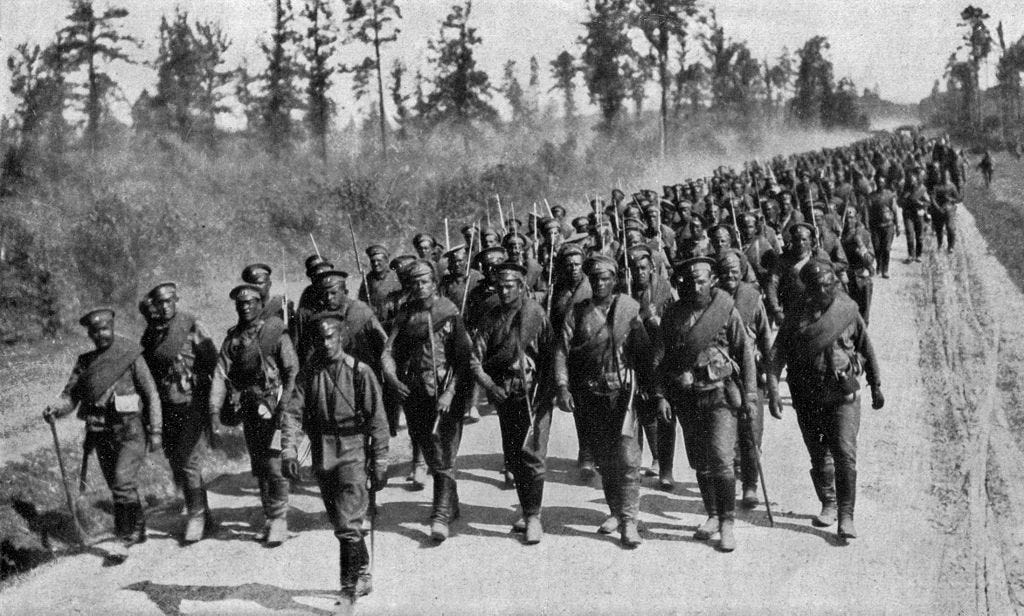Catastrophic Victory: The Brusilov Offensive And The Collapse Of Imperial Russia
The Great War in Galicia (Eastern Ukraine), 1916
It was “by most estimates the greatest military achievement of the war” for Russia, Timothy C. Dowling writes in The Brusilov Offensive, his 2008 history of the Imperial Russian Army’s final glory. For unlike most Russian commanders, Aleksei Brusilov had absorbed the lessons of 1914 and 1915. He understood how to fight this new kind of war.
“His work in coordinating infantry and artillery, including the use of aircraft, may well merit the claim of Soviet military historians that Brusilov was among the founders of modern combined-arms doctrine,” Dowling says. He is hardly alone in his esteem. Brusilov has been received by military historiography as a maestro of war machinery.
This image is in part a creation of Brusilov himself. “An artillery commander must direct his fire in much the same manner as a conductor directs an orchestra and his role is of the greatest importance” on the offensive, Brusilov wrote poetically. “I considered it absolutely vital to develop an attack at many different points,” he told a Times of London interviewer of his famous offensive, leaning in.
Remaining above politics just long enough for the Bolsheviks to welcome him, Aleksei Alekseyevich Brusilov was a shrewd man who, as victor, got to write his own history. Reading into the offensive that bears his name, that supposed success seems directly related to the collapse of Romanov Russia immediately afterward, suggesting a reexamination may be in order.



